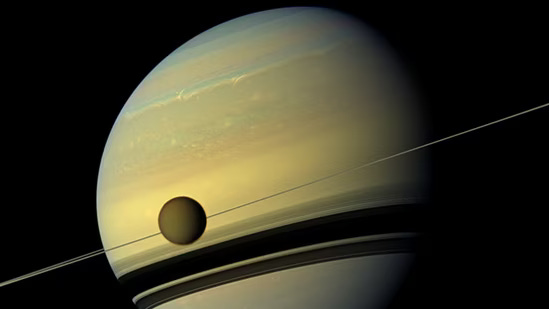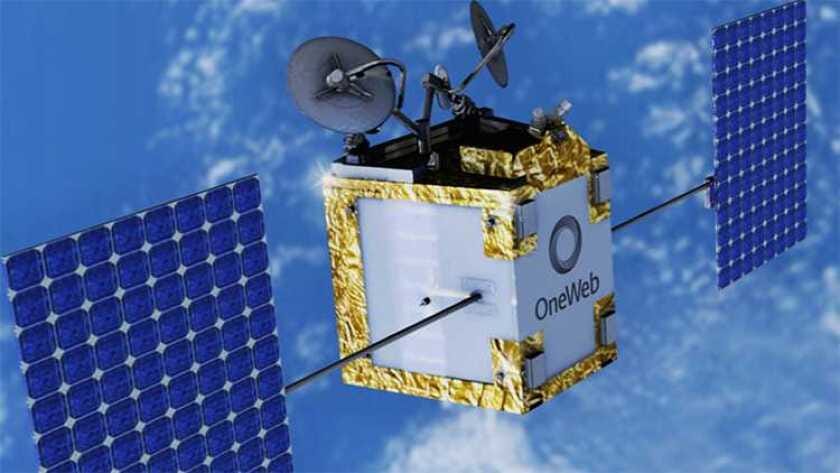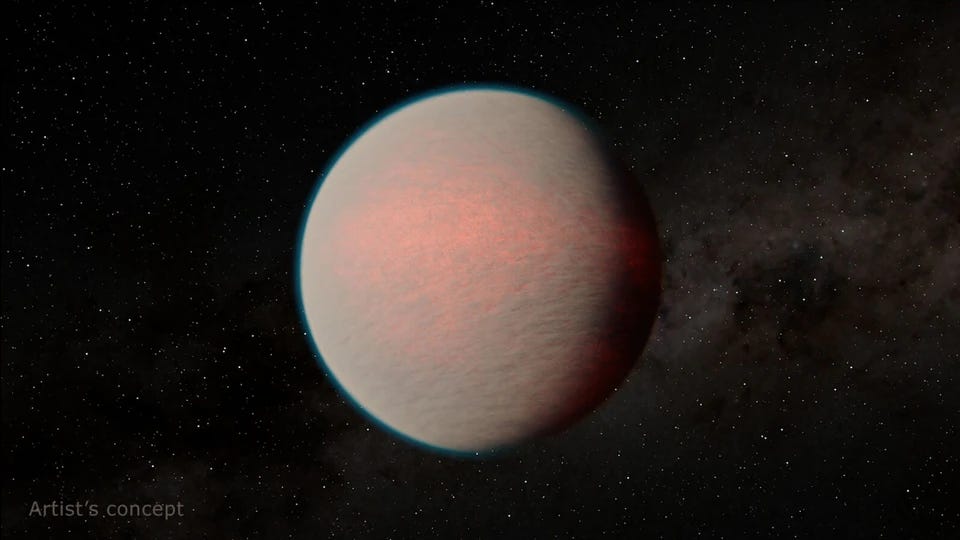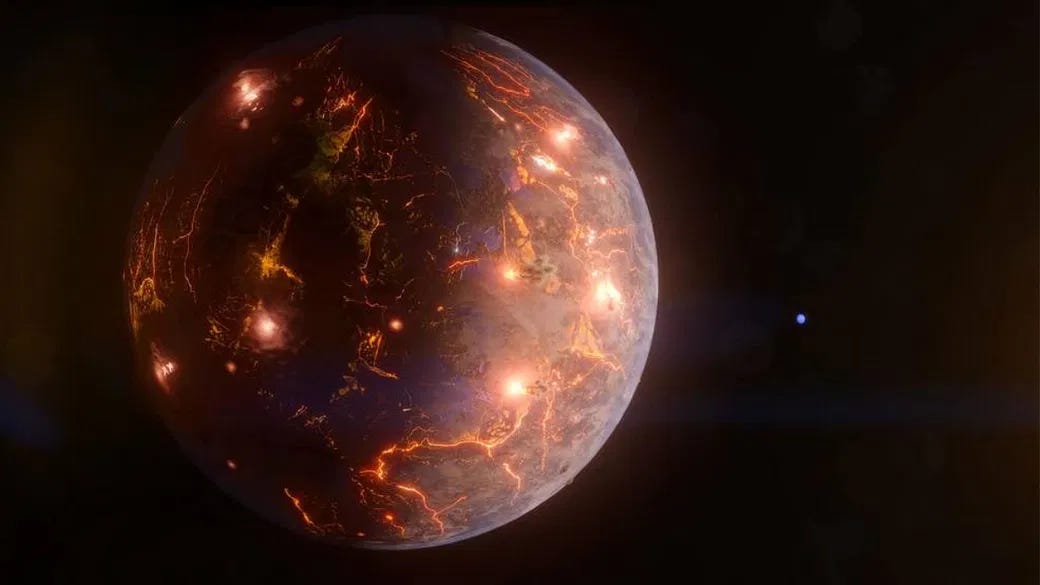Weekly - Scientists think earth-like exoplanet could be covered with volcanoes
Weekly Space News - Quick and Easy
62 new moons of Saturn recognized by IAU
Last week 62 new moons of Saturn were added to Saturn’s moon count bringing the total to 145. These newly discovered moons of Saturn are however very small (1-10 km wide. These moons had already been discovered in 2021 but it was only officially recognized by the International Astronomical Union (IAU) recently.
SpaceX puts 21 satellites in orbit
Last week SpaceX successfully managed to put a total of 21 satellites in orbit. The 21 satellites included 16 technology demonstrator satellites of OneWeb, a broadband satellite network company, and 5 satellites of Iridium Communications.
AI helps find new exoplanets
Machine Learning a branch of artificial intelligence has been helping scientists discover possible hosts for exoplanets for a long time. However, it had never actually discovered an exoplanet on its own. it just suggested possible locations to search. Recently though, it was believed that it discovered a new exoplanet completely on its own 483 light years away called HD 142666. The discovery was not actually confirmed until last week. After a detailed study conducted by a research team from the University of Georgia showed that the discovery was completely true. This marks a new stage in the era of machine learning and exoplanet discovery
.
Scientists think earth-like exoplanet could be covered with volcanoes
Last week a research conducted by the University of Montreal led scientists to believe that LP 791-18 d, an exoplanet discovered in 2019 could be covered with volcanoes. The exoplanet located 90 light-years away could possibly be as volcanically active as Jupiter’s moon “Io” which is the most volcanically active body in our solar system.





